GAINESVILLE, Fla. – Phyllis Revord, living just minutes from the Atlantic Ocean beaches on Florida’s east coast, never used to worry about lying in the sun. She even used tanning beds in high school.
It wasn't until 2020, when she came across a friend's Facebook post detailing her skin cancer journey, that Revord considered a screening for skin cancer. Motivated by her friend’s experience, Revord, now 27, of Jensen Beach scheduled an appointment with her dermatologist and ended up receiving the same diagnosis as her friend: melanoma.
“Had I gone about my life with a tiny mole and just never gotten my skin checked, [the melanoma] could have completely spread to other areas — serious organs in your body,” she said.
Lawmakers in Tallahassee were poised this week to make it easier and cheaper for hundreds of thousands of Florida residents to undergo such potentially life saving screenings by ensuring that all costs are covered by health insurance companies. Earlier efforts to require insurers to pay for skin cancer screenings for everyone with health insurance in Florida failed.
Florida would be the second U.S. state – and the first in the South – to offer such subsidized screenings. Florida estimated it would cost insurance companies, including United Health Care, Aetna, Florida Blue and Capital Health Plan – a total of $357,580 to $416,503 extra per year. In Illinois, annual preventative skin cancer screenings have been covered by health insurance companies since 2020.
With only days left in this year’s legislative session, the House was expected to vote Wednesday on a bill by Reps. Ralph Massullo, R-Inverness, and Bobby Payne, R-Palatka. It would require contracted state group health insurance plans and health maintenance organizations to cover all costs of annual skin cancer screenings for Florida residents. That includes state employees and their families.
A companion bill by Sen. Gayle Harrell, R-Stuart, also was nearing a final floor vote in the Senate.
In 2020, Florida reported 7,313 cases of melanoma — the most serious form of skin cancer — and 676 melanoma-related deaths, according to the Centers for Disease Control and Prevention. For 2024, the estimated new cases of melanoma skin cancer is 9,880 with projected deaths of 790 individuals, according to the American Cancer Society.
Harrell and Massullo filed similar proposals last year that applied to all individual health insurers. The House version of that legislation passed through all its committee stops but never received a floor vote. The Senate version of the bill stalled in the Banking and Insurance Committee.
This year’s bills have passed unanimously through their committee stops after lawmakers amended the legislation to only apply to contracted state group health insurance plans and health maintenance organizations. The legislation also prohibits an insurer or HMO from imposing any cost-sharing requirement for the annual skin cancer screening, such as a deductible, copayment or coinsurance.
Sen. Jim Boyd, R-Bradenton, who chairs the Banking and Insurance Committee, voted in favor of this year’s narrower bill. He did not return phone and email messages to his legislative office over five weeks. Among Boyd’s top contributors to his campaigns and political committees is the Florida Insurance Council political committee, a group largely funded by insurance companies that would have had to pay for the new screenings under Harrell’s bill.
Harrell is a former healthcare administrator, having managed the OB-GYN practice of Dr. James E. Harrel, her late husband. The Florida Medical Association, Florida Academy of Dermatology, AARP and other groups supported the proposals.
Harrel said copay costs, even as low as $25, deter patients from receiving annual skin cancer screenings. Passing the legislation would also save insurers money, as fewer skin cancer patients would require the invasive treatments that take place due to a lack of preventative care, she added.
“This is about helping patients get the appropriate screening and treatment they need and
that's a bipartisan issue,” she said. “This will save money as well as lives in the long run.”
Massullo said he amended his legislation to apply only to contracted state group health insurance plans and health maintenance organizations due to the former version of the bill’s failure to pass through Florida’s GOP-dominated Legislature last year.
“One of our philosophies as a conservative group is to limit our interference in private industry and that would include the insurance industry as well,” he said.
Massullo acknowledged that in the short term, there would be a negative cost impact on insurers under his legislation. Over time, he said, preventative care is the least expensive part of healthcare delivery.
“The governor's budget is $114 billion for this year,” he said. “We view those investments as improvements of the lives of the Floridians that have put their trust in us to serve them. I look at this similarly.”
If approved by Gov. Ron DeSantis, the legislation will hopefully serve as a pilot to demonstrate the effectiveness of preventative care in battling rising melanoma case rates, Massullo said.
Revord was able to catch her melanoma early and treat it. She has tried to avoid unnecessary sun exposure ever since.
She wants the Legislature to pass the skin cancer screenings legislation, and dermatologists to begin to encourage younger patients to schedule annual screenings.
“It was something that I had to fully investigate myself, so that's a concern,” she said. “I believe that a yearly skin check should be automatically covered, no matter your age.”
Dr. Eduardo Weiss, a Hollywood dermatologist and president of the Florida Society of Dermatologic Surgeons, said he sees roughly six melanoma patients per week.
The ongoing rise in diagnosis is due to a lack of education and awareness surrounding skin cancer, which leads to less people taking preventative action, he said.
“If you detect a melanoma early, it's very easy to treat,” he said. “The key is early diagnosis.”
Financial barriers can play a significant role in delayed diagnosis. Weiss said requiring insurers to cover annual screenings will allow low-income Florida residents with low-cost insurance plans, like Medicaid, to gain better access to the care they need.
“I have seen patients that live in Palm Beach and they have to come down here to Miami to see a dermatologist because there are few doctors seeing patients with those insurances,” he said.
Sharon Simonetti, 67, of Clearwater received her melanoma diagnosis a few months after her father passed away from skin cancer in 2018.
“It started under the arm, it went to his brain,” she said. “At the point that he went into hospice care, it was about three days, and he was gone.”
A longtime Floridian, Simonetti said skin cancer prevention, like wearing sunscreen, was not a priority when she was younger. But since receiving her diagnosis, Simonetti is screened every six months.
Simonetti said she is disappointed by people who view skin cancer as a minor issue.
“I would really like people to consider that this is a debilitating disease for some,” she said.
Simonetti has made it her personal mission to spread awareness about melanoma through her involvement in Relay For Life, a fundraising event for the American Cancer Society.
She was grateful lawmakers were working to make screenings more accessible and less expensive for Florida residents. If the legislation passes, she hopes it encourages individuals to better prioritize getting annual screenings.
“The cost is really high if they don't go and it's not caught early,” she said.
# # #
Email editor@
alachuatoday.com
Add a comment

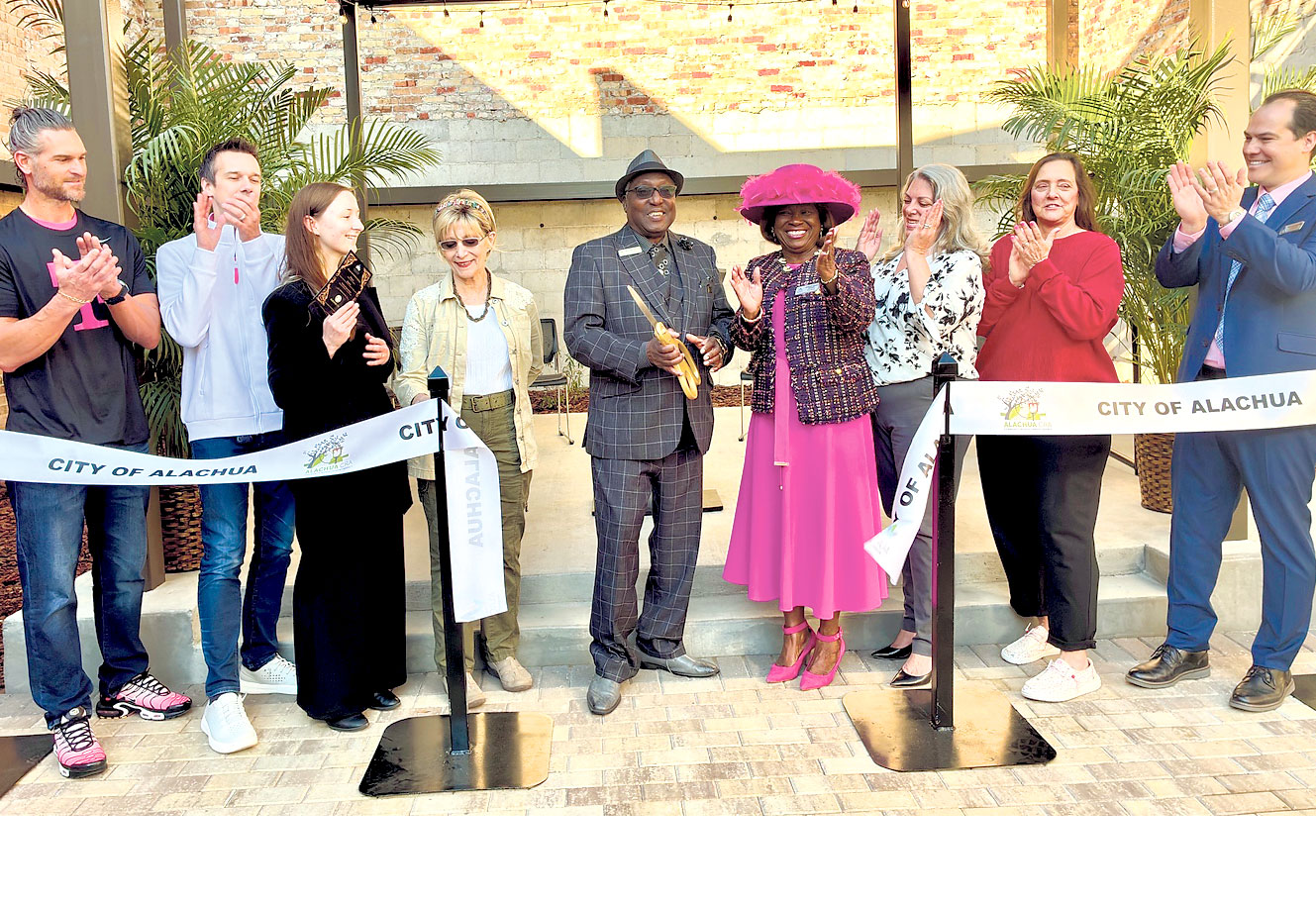
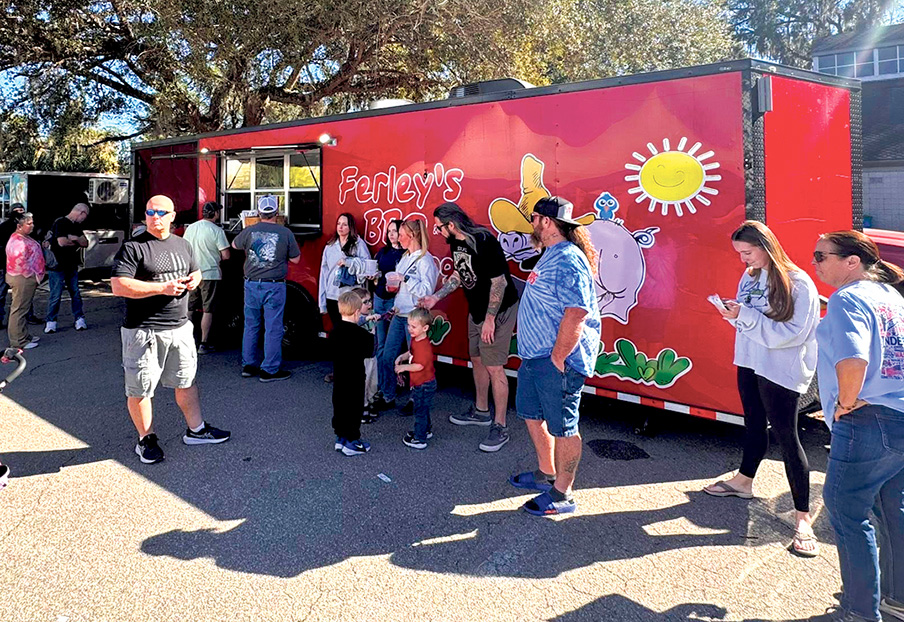



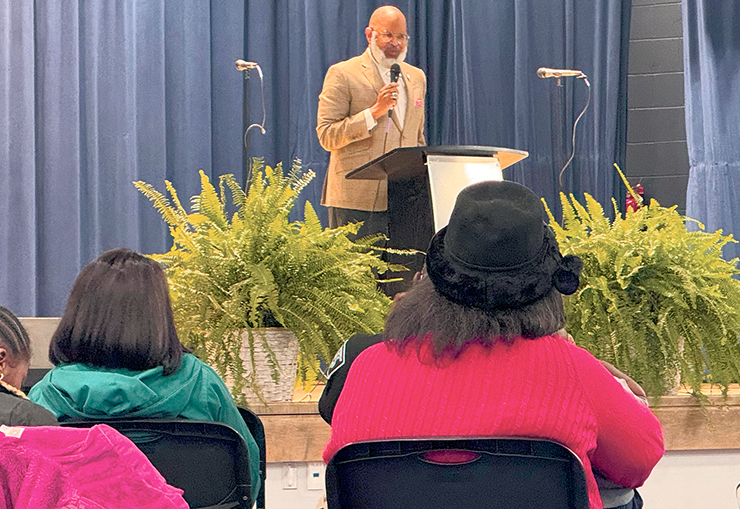


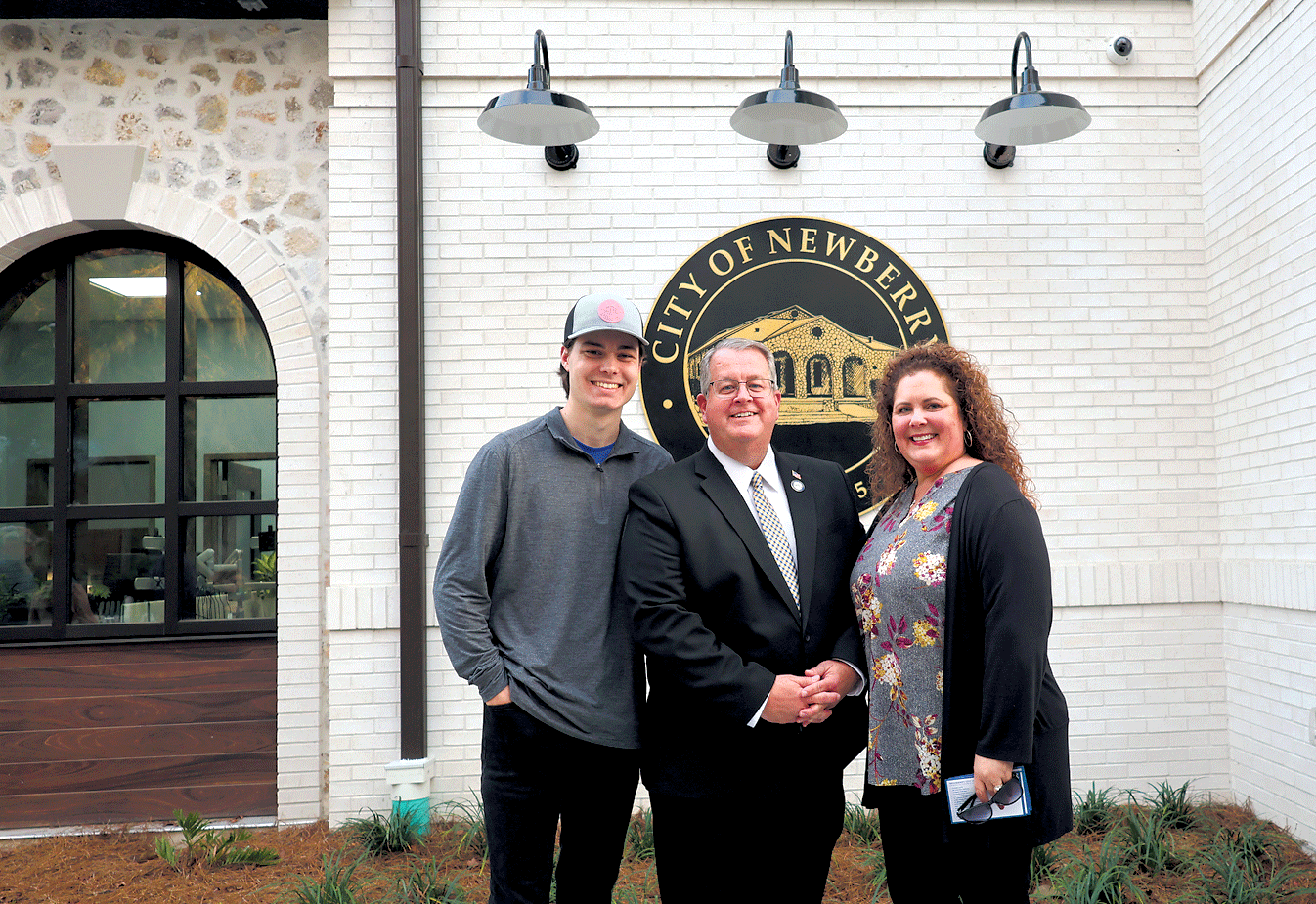
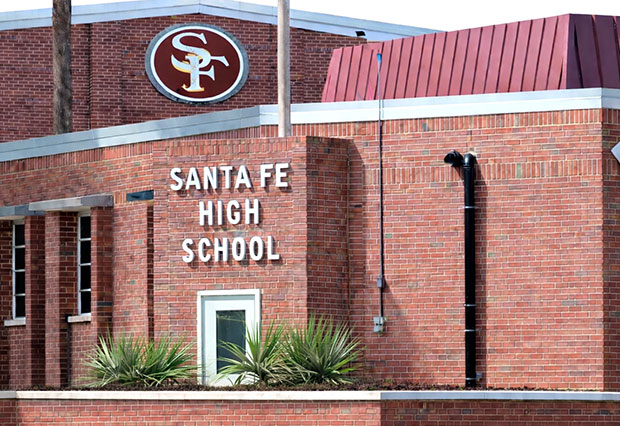
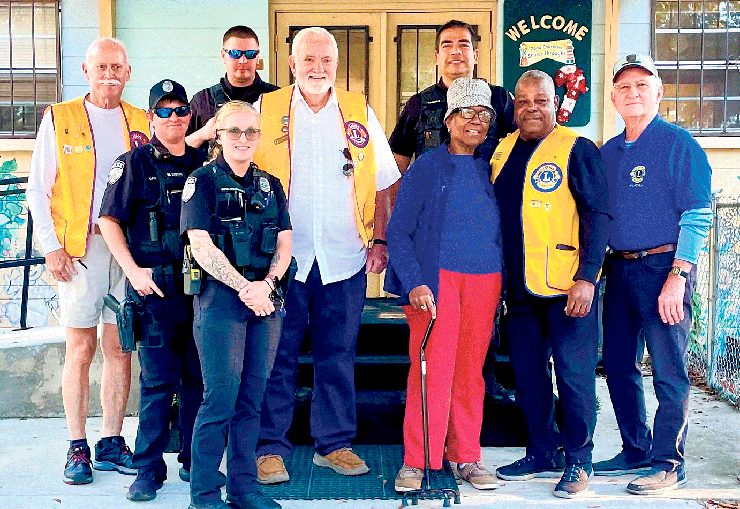

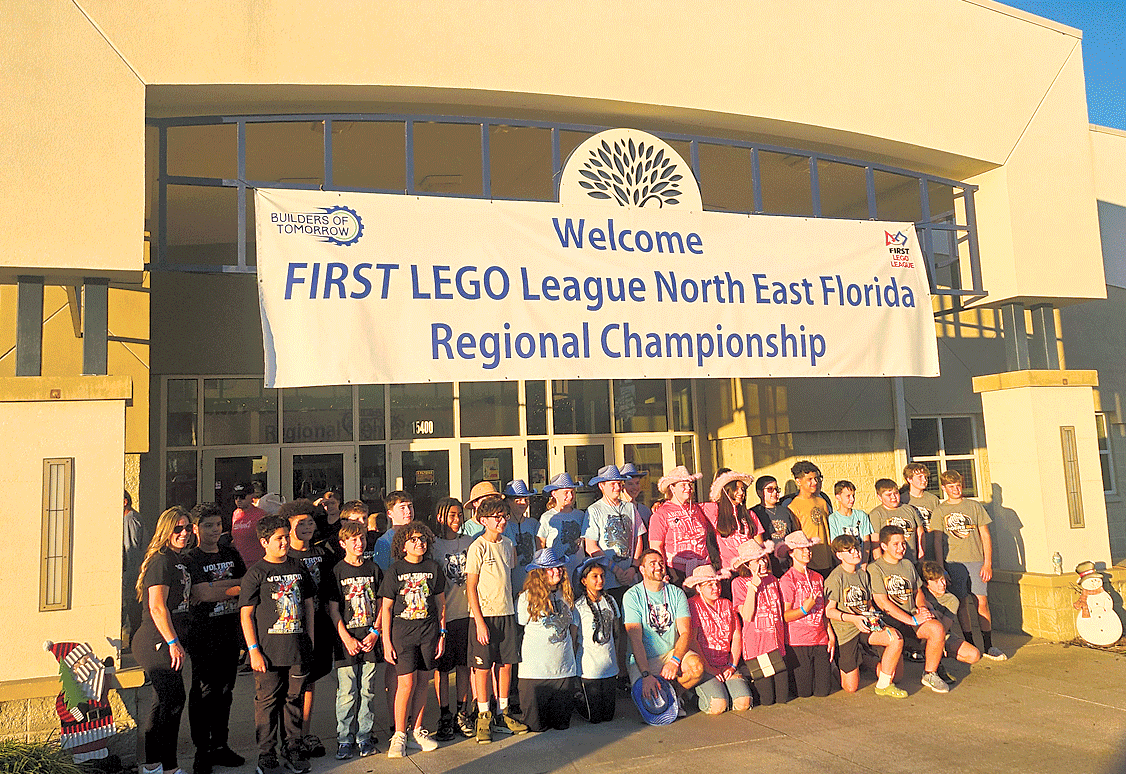
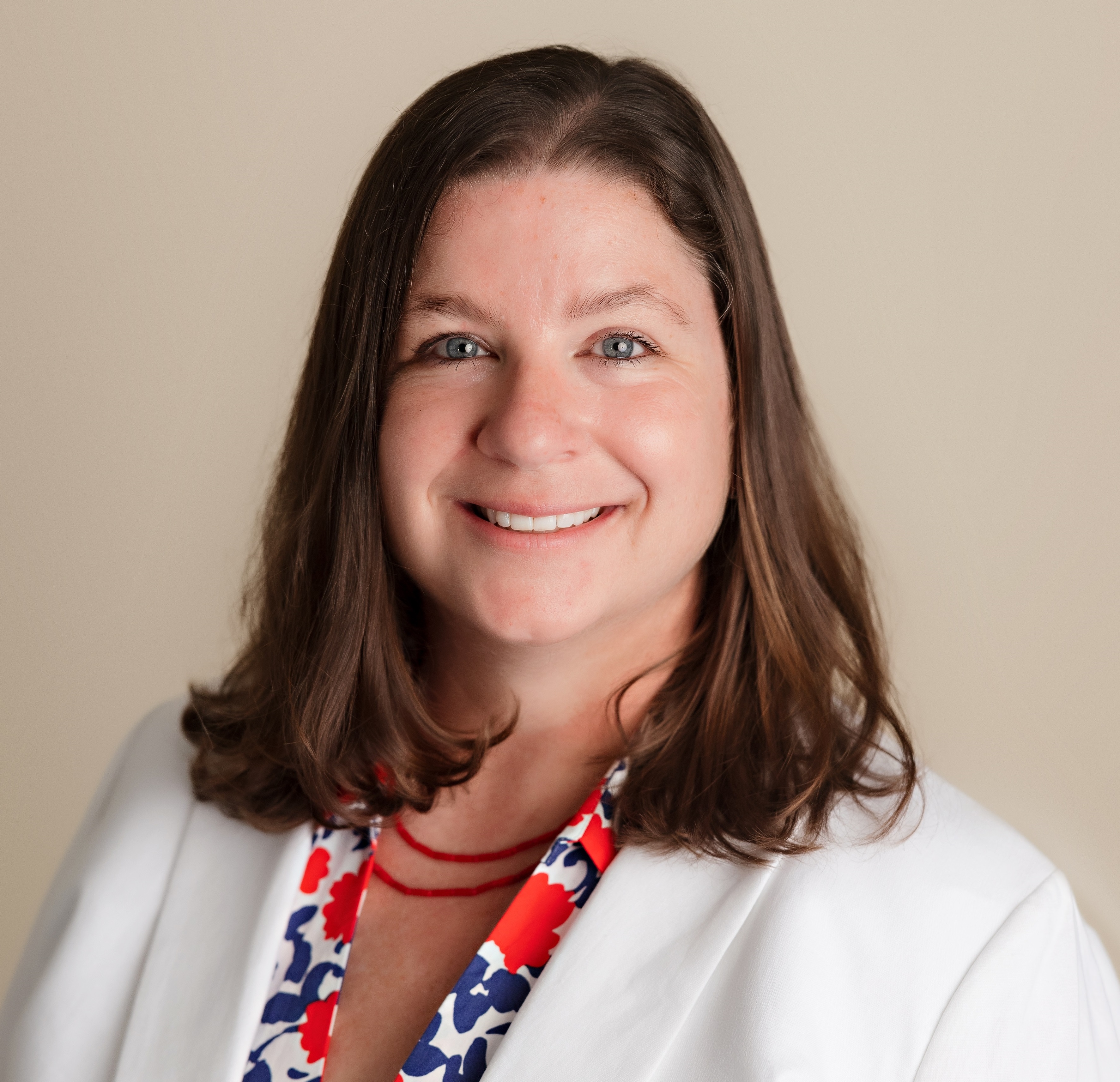 Jennifer Breman, a career and technical education program specialist with Alachua County Public Schools, has been elected to serve on the Board of Directors of the Association for Career and Technical Education (ACTE), the nation’s largest nonprofit organization dedicated to advancing career and technical education.
Jennifer Breman, a career and technical education program specialist with Alachua County Public Schools, has been elected to serve on the Board of Directors of the Association for Career and Technical Education (ACTE), the nation’s largest nonprofit organization dedicated to advancing career and technical education.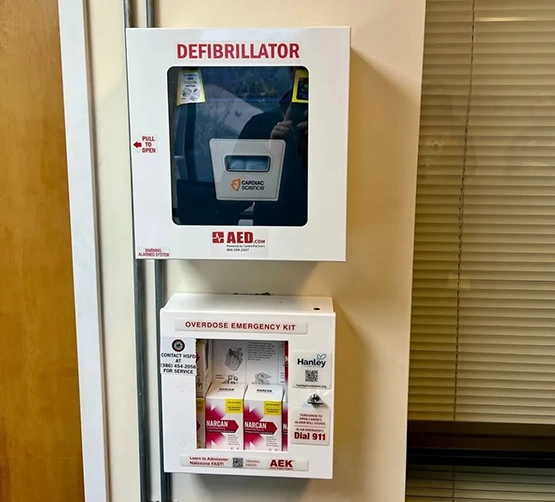
 Using an inhaler seems straightforward, but it’s actually a high-precision task. If the technique isn't quite right, the medication often ends up hitting the back of your throat instead of reaching your lungs where it’s needed.
Using an inhaler seems straightforward, but it’s actually a high-precision task. If the technique isn't quite right, the medication often ends up hitting the back of your throat instead of reaching your lungs where it’s needed.





